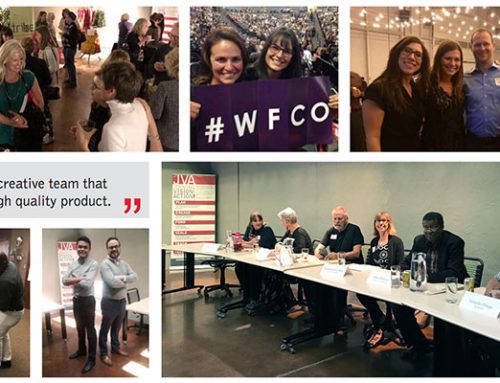By Scot Kersgaard, JVA
You’ve been sending press releases, building your online presence, setting up Google Alerts, writing op/eds, phoning reporters, crafting key messages, tweaking your story.
Finally, you’re getting some media interest. Don’t blow it.
A media policy is one of those things most organizations don’t think about until the lack of a policy causes a problem.
Let’s say a press release you sent generates a phone call to your office. But the person who was listed as the contact is not in the office. Let’s say that if the reporter is going to do the story, they need to talk to someone right now. You are the person who answered the phone. What do you do? A good media policy would spell it out for you.
What your policy needs
Your policy needs to address a number of things.
- Who can talk to the media
- If this person is not available, is there someone else who can talk to the media
- Will we give our spokesperson’s cell phone number to the media
Your policy also needs to lay down the law:
- Never tell a reporter you are not authorized to talk to the press. Instead, say, “the person who can help you is John Doe. Let me try his extension.”
- Never take the bait of answering even a simple question if you are not the authorized spokesperson.
If you are a small and not controversial organization, that may be about all your media policy has to cover, the main thing being that the policy needs to be designed to both protect your organization and ensure that the media get what they need when they need it. While you need to have a policy, and you need some rules, don’t lose sight of the fact that your primary goal is to make sure that when a reporter calls they are able to talk to someone who can help them.
If your work is controversial
Organizations involved in controversial work, say providing abortions or providing services to people who may be in the country without legal authorization, will need policies that reflect that the media may just show up unannounced with cameras, or that bloggers who write for sites that oppose your work may call and pretend to be someone other than who they are.
When I worked for a U.S. senator in the early 1990s, we had a policy that people who worked for the senator should not talk loosely about that work in public places. The idea was that the person sitting behind you at a basketball game might be a reporter or might be a political opponent. We had this policy long before everyone carried a video camera disguised as a cell phone. Enough said.
Most of my experience in this area comes from being a reporter, to whom all kinds of people from all sorts of organizations said things that they later wished they hadn’t.
An example: A man who was running for governor of Colorado posted his resume on his website. I called all of his former employers. The person who answered the phone at the company where the candidate’s resume said he was currently a partner said she had never heard of him. That’s a call she probably should have referred to someone else, and it bolsters the need for rule 2 about not answering even simple questions if you are not the spokesperson.
Other media relations blogs
Check out JVA’s other media relations blogs:
Press Releases That Get Results
Your Opinion is Your Shortcut to Getting Published






Leave A Comment